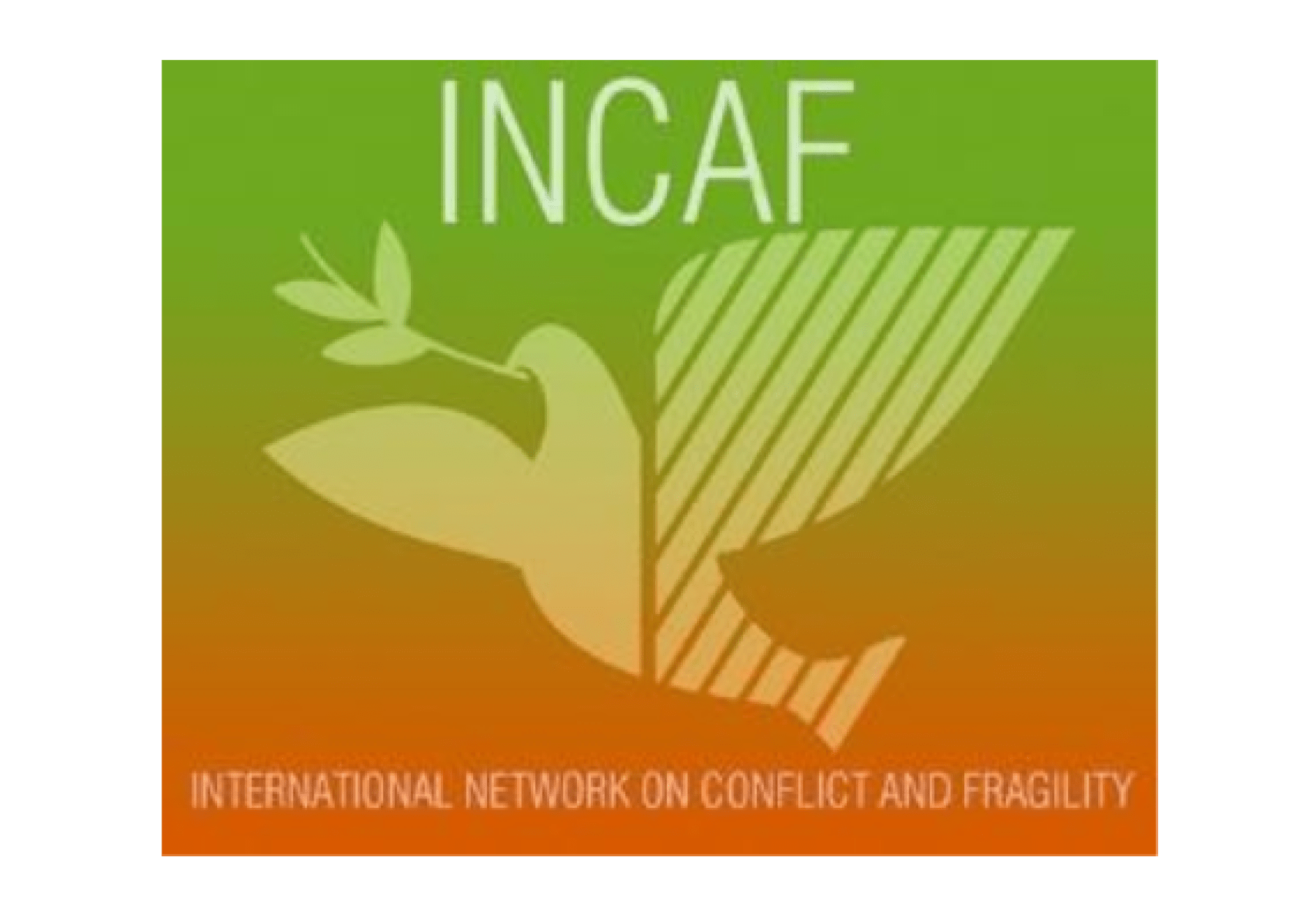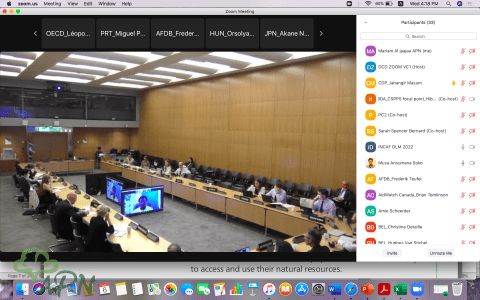
APN | Amman - Zoom
6 July 2022
APN General Manager, Mariam Al Jaajaa, was invited to participate in a dialogue with member states of the International Network on Conflict and Fragility (INCAF), of the Organization for Economic Co-operation and Development (OECD), in order to give civil society perspective on environmental action and combating climate change in countries suffering from protracted conflicts and crises.
Al Jaajaa began her intervention by introducing APN, a non-profit organization that has worked for two decades on programs dealing with the agricultural sector and small farmers in Palestine by confronting the practices of occupation against the environment which include uprooting trees, confiscating land, and tightening the noose on production inputs in the Palestinian agricultural sector.
Essentially, Al Jaajaa's intervention touched on multiple issues, the first of which is the need to protect natural resources and green cover from destruction during conflicts and occupation, which may occur as a result of war, but which is also a means of collective punishment. On the other hand, the need to protect tenure and access to resources for affected populations. She also referred to the issue of avoiding the integration of environmental programs with peacebuilding programs unless they were rights-based and addressed the root causes rather than consequences or manifestations of conflict, since the integration of the two without a clear definition of peace strengthens the status quo, perpetuates the conflict and its root causes.
On the other hand, she stressed the importance of introducing goals related to food security and the rehabilitation of livelihoods, through environmental and especially afforestation programs where varieties of environmental, nutritional and economic benefits are cultivated. Al Jaajaa also highlighted the impact of the implementation of the triple nexus approach in all countries as a comprehensive response to food insecurity, which was adopted by the United Nations, and is based on the principle of integration between humanitarian and relief support in the short term, long-term development support, and peacebuilding while addressing the root causes of vulnerability or crises. She promoted this approach accompanied by good management of natural resources, and gave the example of Syria, where water assistance is allowed, but support to the rehabilitation of water infrastructure is forbidden. This is not only harmful to the preservation of the environment, but also fuels conflicts.
